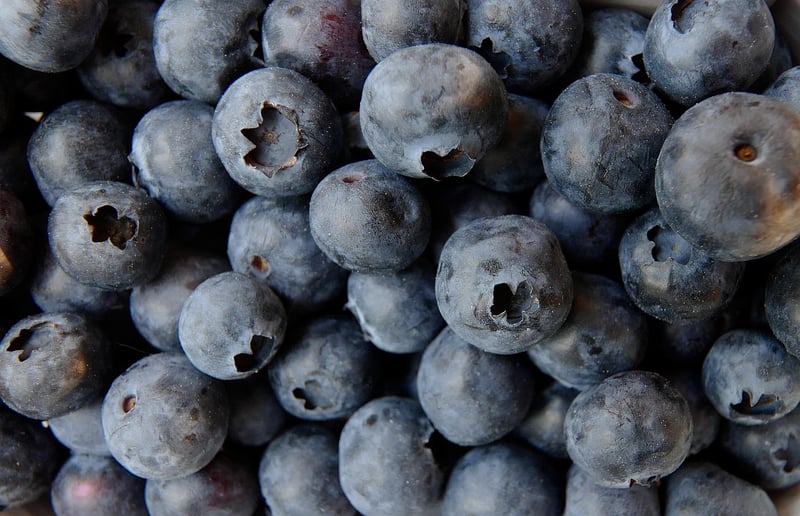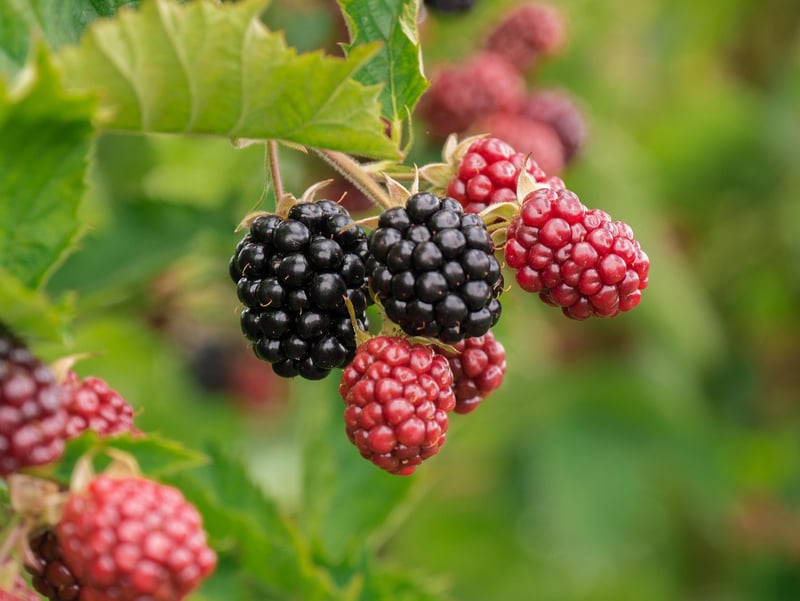Antioxidant Properties
The Power of Plant Compounds: Exploring Their Antioxidant Properties
Plants are not only a source of beauty in nature but also a treasure trove of beneficial compounds that can have a profound impact on our health. Among these compounds, antioxidants play a vital role in protecting our bodies from oxidative stress and reducing the risk of chronic diseases.
Understanding Antioxidants
Antioxidants are molecules that help neutralize free radicals in the body, which are unstable atoms that can cause damage to cells and contribute to aging and various diseases. Plant compounds, also known as phytochemicals, are rich sources of antioxidants.
The Benefits of Plant Compounds
Research has shown that plant compounds have a wide range of health benefits, primarily due to their antioxidant properties. Some of the key benefits include:
- Reducing inflammation
- Supporting immune function
- Protecting against chronic diseases such as heart disease and cancer
- Promoting skin health and a youthful appearance
Common Plant Compounds with Antioxidant Properties
Several plant compounds have been identified for their potent antioxidant effects. Some of the most well-known antioxidants found in plants include:
- Flavonoids
- Carotenoids
- Phenolic acids
- Glucosinolates
Examples of Plant-Based Foods Rich in Antioxidants
If you're looking to boost your antioxidant intake, consider adding the following plant-based foods to your diet:
- Blueberries
- Spinach
- Kale
- Walnuts
- Green tea
Conclusion
Plant compounds with antioxidant properties offer a natural and effective way to enhance your health and well-being. By incorporating a variety of antioxidant-rich plant foods into your diet, you can support your body in fighting off oxidative stress and maintaining optimal health.
Remember, nature has provided us with a bounty of powerful compounds in plants – it's up to us to make the most of them!



